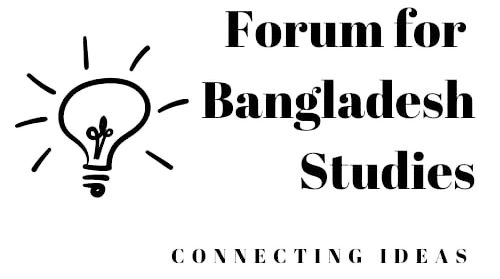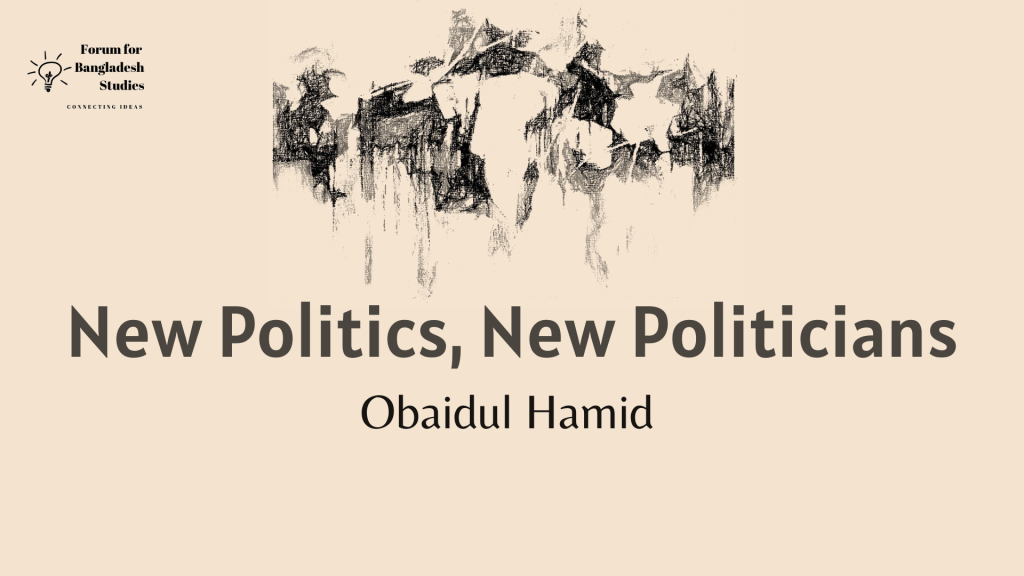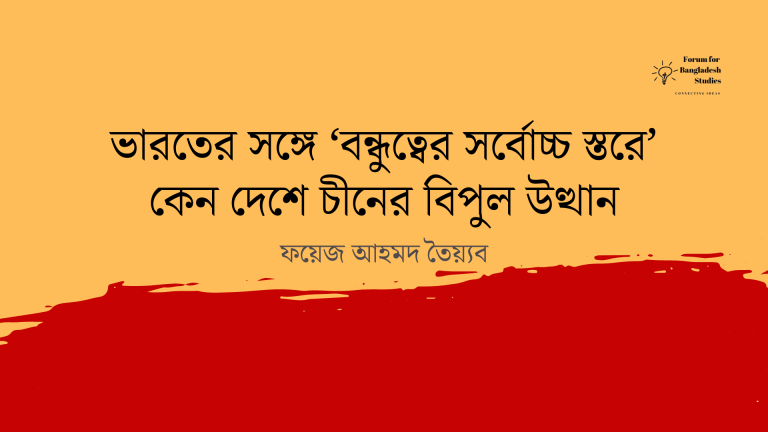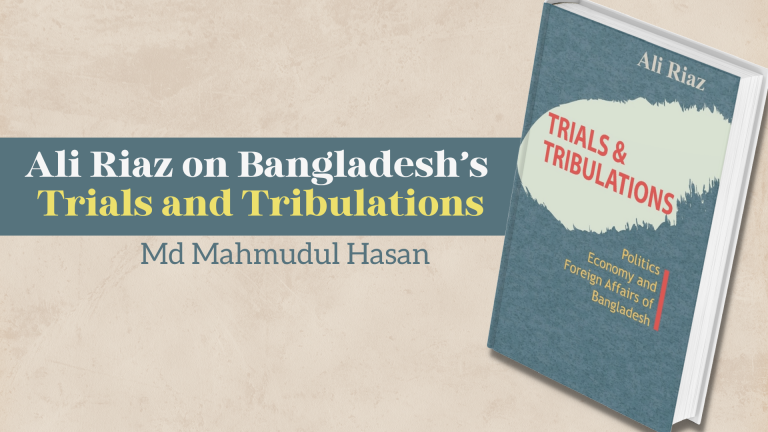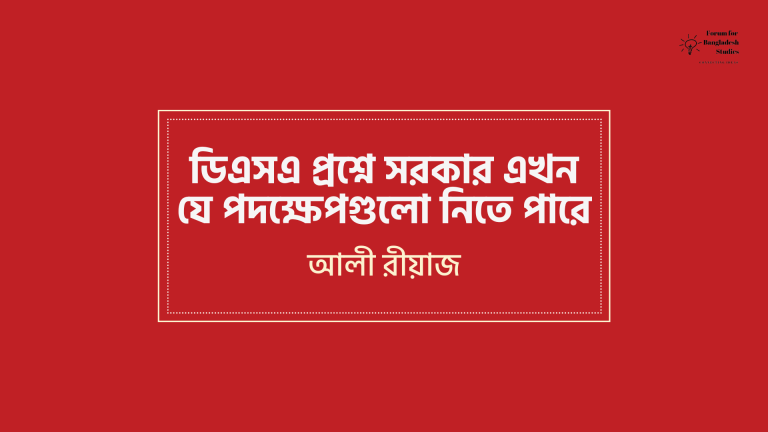I CONSIDER myself a student of language policy and planning. This field identifies language problems in different areas and looks for their solutions through planning or management.
As language questions are relevant to many other fields such as law, economics and political science, researchers from these fields also study language problems. In fact, many researchers in language planning have come from these other fields. They have brought theories and methods from their original disciplinary homes and enriched the host field. As a result, language planning has become an inclusive and open field which can be joined by experts from other disciplines to pursue their interest in language questions.
Although in the past language policymaking was believed to be the work of mainly government departments and agencies, increasingly it is now undertaken by different people in society. This has marked a shift in language policymaking power — from institutions to individuals. Individuals are now considered key actors and managers of language policy alongside government institutions.
Language policy scholars have put forward a framework of individual actors which includes four groups of people: people with power, with expertise, with influence, and with interest. While in the past it was mainly people with power (eg presidents or prime ministers) and with expertise (eg linguists) who decided on language policy or planning, it is now common to see people with influence as well as interest contributing to this endeavour.
Like language planning, politics as a profession has also been open and inclusive. While politics does not require specific professional qualifications, politicians in the past developed their expertise organically through practice and engagement for long periods of time. In Bangladesh, for example, it was common to see people entering politics during student days and continue developing their skills and expertise to eventually become seasoned politicians.
However, such organic politicians are often sidelined, thanks to the influx of ‘newcomers’ from other professions. At least four groups of these people can be identified in Bangladeshi politics.
First, business has been the major supplier of recent politicians, as businesspeople currently constitute the largest proportion of parliament members. The second group to enter politics although in a much smaller number is bureaucrats. As they work closely with politicians and develop their understanding of the tricks of the trade, they may feel confident about contributing to public policy and citizens’ wellbeing.
The third group that has entered Bangladeshi politics in a steady way is people from the army, although the number has not been large. Army officers usually retire earlier from service. Their physical fitness and expertise may be an advantage for them in seeking a new life and career in politics.
The fourth group comprises celebrities coming from sports, media and the entertainment industry and forming the most recent trend.
In Bangladesh, popular actor Asaduzzaman Noor entered politics a while ago without making much uproar. The entry of a folksinger, Momtaz Begum, at the last parliament made some mark as she occasionally enlivened the House with her musical and entertaining talents. Conventionally, the parliament was not considered the right place for such performances. Mashrafe Mortaza, a cricketer, also enriched the last parliament, although he didn’t come to the limelight by any unconventional display of cricketing or other talents in the parliament.
As the country is heading to another one-sided and non-participatory national poll, almost a dozen new faces from the film and entertainment industry have come forward to join the ruling party politics as hopeful parliament members. Their enrolment shows this group’s significant increase in interest in politics.
It may be useful to use the actor framework from language planning to define various groups of people embracing politics. Businesspeople bring their capital ‘power’ to register for political power. They probably know that capital determines almost everything and therefore they can utilise this power to make room for them in politics and contribute to business-friendly policymaking, among other goals. They are probably in the most favourable light as business and politics complement each other in liberal democracies. For them, joining politics may be an instance of transferring power from one field to another.
Bureaucrats enter politics capitalising their public policy and administrative ‘expertise’ and reputation. Politics may be a way for them to renew their administrative leverage which would have been lost with their retirement. Politics can make them more visible in the public domain from their previously less visible existence in the government bureaucracy.
The situation of the army officers is comparable to that of the bureaucrats. They are generally ‘interested’ in serving the public openly from their past relative invisibility in the cantonment. Through politics, they may also seek renewal of their power lost with retirement.
Unlike the first three groups, sports and cultural activists may bring the soft power of popularity and ‘influence’ to politics. People working in this field are usually nonchalant about politics and revel in their artistic and cultural autonomy and pursuits. Like politicians, they also seek popularity. However, their popularity is based on the art on the screen or in the playground and has nothing to do with the ballot box.
All four groups enter politics with a ‘second-life interest’ in politics and with their desire for making a difference. Power and expertise are also important driving forces for businesspeople, army officers and bureaucrats to join politics. Importantly, while these groups may desire renewal of power, the fourth group may desire the taste of political power for the first time.
The entry of the fourth group into politics at the current moment is significantly different from the admission of newcomers in the past. Those in the past joined different political parties and didn’t necessarily expect a free-ride to the parliament. The path of the new cohort is full of roses and no thorns, as we are likely to have another coronation without election.
Politics in Bangladesh has been dead in the past decade and half; all that is left is the authoritarianism of the ruling party. Joining the ‘boat’ at this moment works as a guarantor of political power coupled with the fastest flight to the millionaire club. This risk-free political enterprise may not have any parallel anywhere in the world. Where on earth can we see that ruling party nomination means winning the election?
It makes full sense that some of those who have established their popularity in the performing field would come forward to take advantage of the windfall opportunity of entering the new politics of power and wealth without accountability.
However, apart from their popularity, there may be an additional requirement for joining the new politics. This is demonstrating that the authoritarian mantra runs through their veins and that they dream ‘golden’ and ‘smart’ Bangla and its architect day and night. Doing this also entails criminalising those who may seek the return to democracy.
It appears that some of the MP aspirants have mastered the way of the world and the tricks of the new politics. They certainly don’t need our blessings for the election — whether it is held on the scheduled day or the night before.
First Published : New Age, Dec 02,2023
